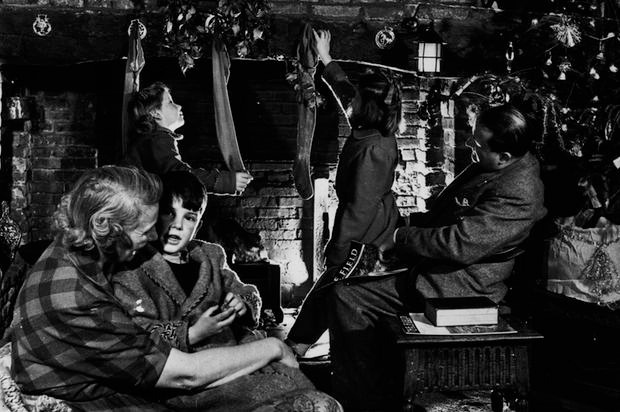Despite ‘the age of austerity’, Britain still has a debt problem. That’s the conclusion of a new report from the Centre for Social Justice. It suggests that personal debt in the UK has reached a record high of £1.4 trillion, or 90 per cent of the UK’s economic output last year. That’s not happened overnight; but the debt level has increased steadily over the last decade:
Breaking this down, the CSJ says that the average household debt is now £54,000 (nearly double what it was a decade ago). Thanks to the increase in borrowing, 5,000 people were made homeless last year due to mortgage and rent arrears. Christian Guy, director the CSJ, explains: ‘years of increased borrowing, rising living costs and struggling to save has forced many families into a debt trap that is proving very difficult to escape’.

Britain’s best politics newsletters
You get two free articles each week when you sign up to The Spectator’s emails.
Already a subscriber? Log in







Comments
Join the debate for just £1 a month
Be part of the conversation with other Spectator readers by getting your first three months for £3.
UNLOCK ACCESS Just £1 a monthAlready a subscriber? Log in